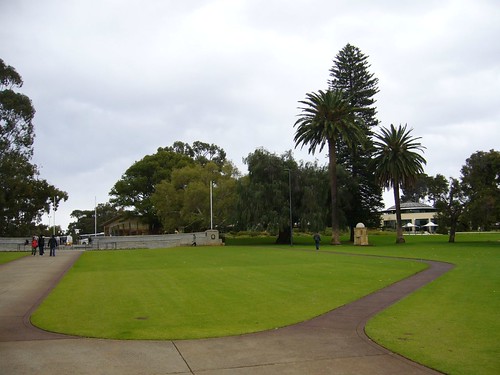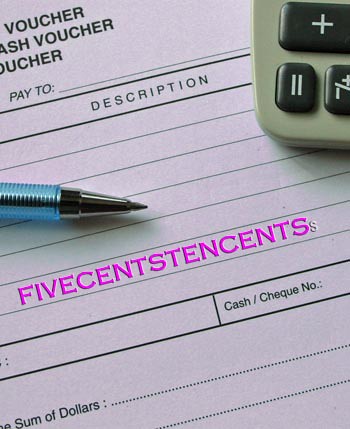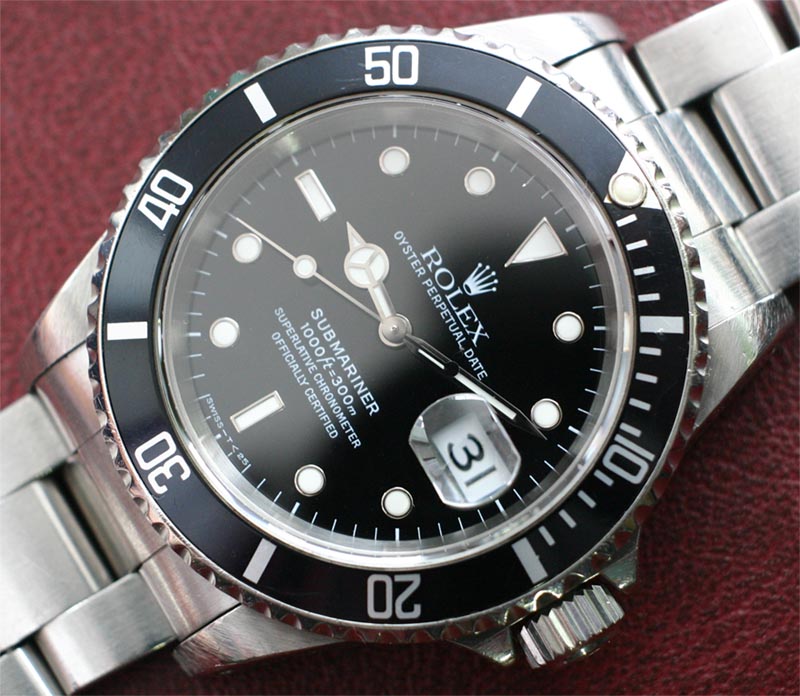Money makes the roulette table go round

When I was in Perth I visited the Burswood Casino to check out what it was like. It was my first time inside this casino and believe it or not, I have visited casinos but never wagered in one. I have bought lottery tickets before but never made bets in a casino.
Retirees and pokeys
The first thing that struck me when I entered Burswood Casino was the number of elderly people who were there. There were many elderly folks who were playing the pokey machines as well as the various assorted gaming machines spread out in the sprawling casino gaming hall. They were glued to the screens as they pressed the buttons that spun the wheels, allowed a ball to drop on a video screen into boxes where prizes could be won. I am a PC gamer myself and I was amazed at the range of machines they had. Poker machines alone there were many variants but one thing was similar for them, the odds they gave were poor compared to the payouts.
Poker and Card Games
There were young players too and I spied a few who were at the poker table. I am not sure what version of poker they were playing as I am not a real poker fan myself but each player was dealt two cards and the dealer would open up to 5 cards if the bets were called or raised until the "flop". The expression on the various players face was interesting. Some older players hardly had any expression while others were smiling all the time. But what really enthralls you even as an audience is the stress and tension when one party raises the ante puts more money into the pot. The look of tension and stress on each player's face is real and when the cards are played out, you can make out sometimes the disgust of the person who loses although some of the players have truly poker places.
Roulette Table
The way some of the punters played the roulette table was amazing. They walked from one table to the next and put their bets on all 2-3 tables at one go! What was even more amazing was how one guy betted on "0" and hit it twice in a roll! What are the odds of that?
Odds and Ends
There in lies the trap of the casino. The house will always win in the long-run because of the odds. They are always stacked against the player. Take roulette. You can bet on any of the 36 numbers including 0. However, if you bet on 1 of the 36 numebrs, your payoff is 1-35 which is less because there are 37 possible combinations. For a fair game, you should be rewarded 1-37 but that is not how the game is structured. The same principle applies to all the other games. The odds are stacked against you.
What does this mean for me
So what does this mean for you the investor who wants to achieve financial freedom? The key takeaway is that you cannot find financial freedom in a casino. If you want to make a small wager and you are a legal adult (>18 or 21 depending on the country), by all means do so as see it as a game and expense. Gambling in a casino is NOT investing. :) In the long-run the house wins in a casino. In investments, e.g. treasury bills, in the long-run you will win through the accumulated interest yields paid to you. It is slow but it is sure so make your choice - investments or gambling? They are two different ballgames, don't mix them up :-)
Be well and prosper.














